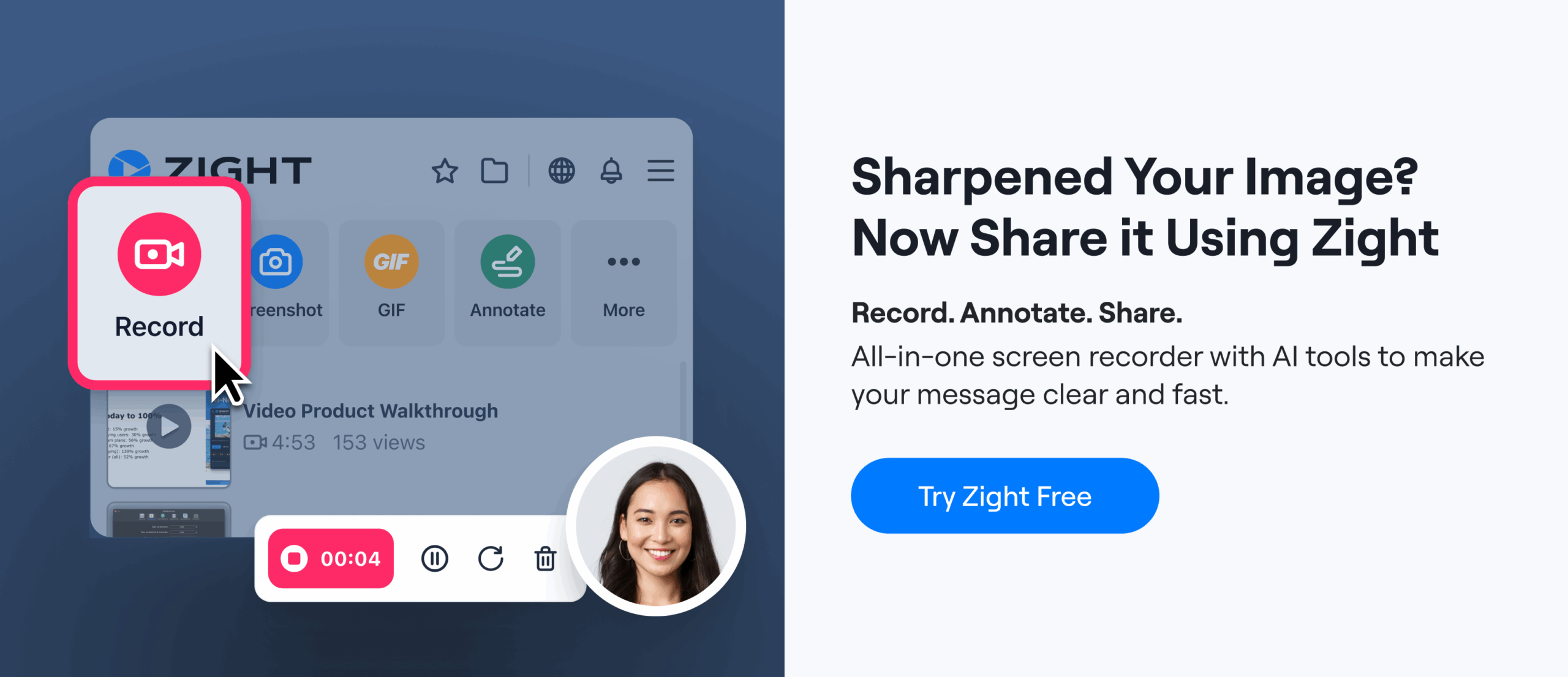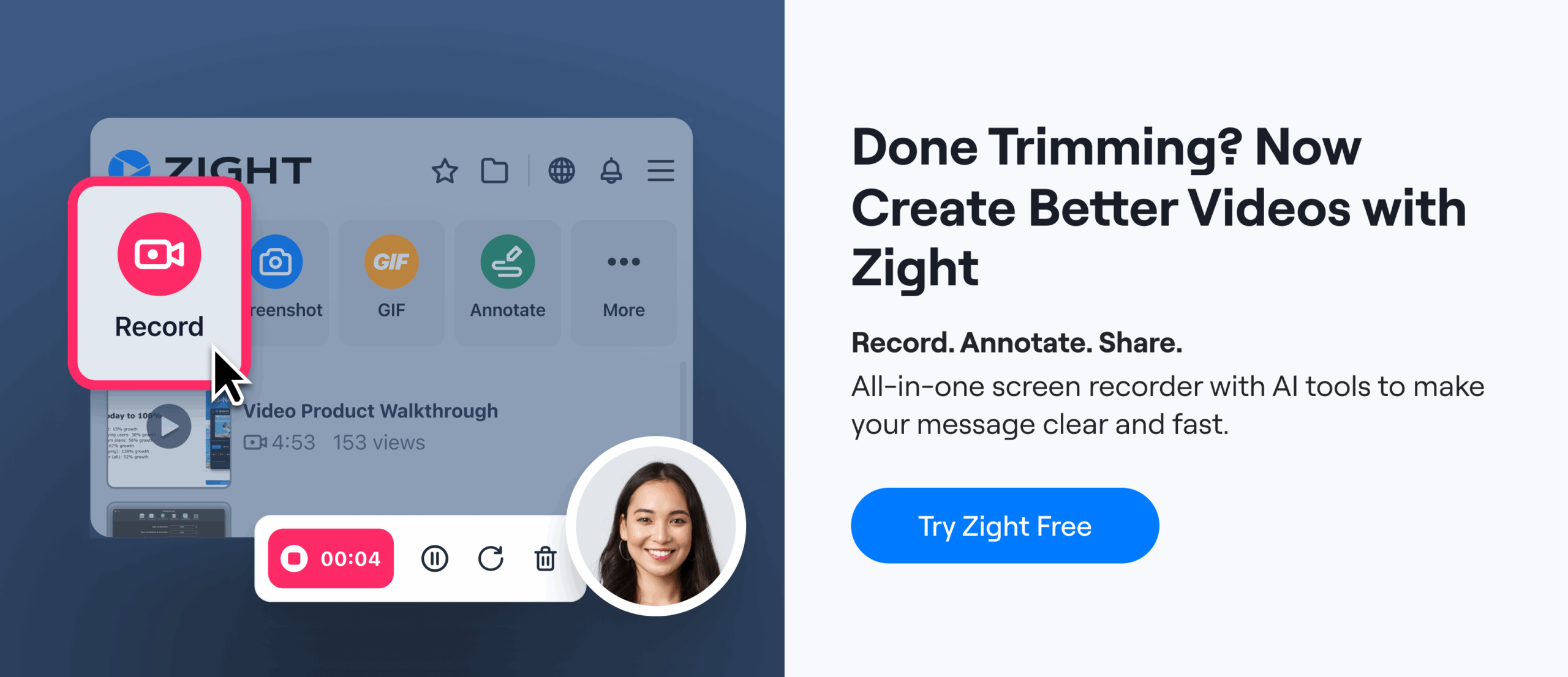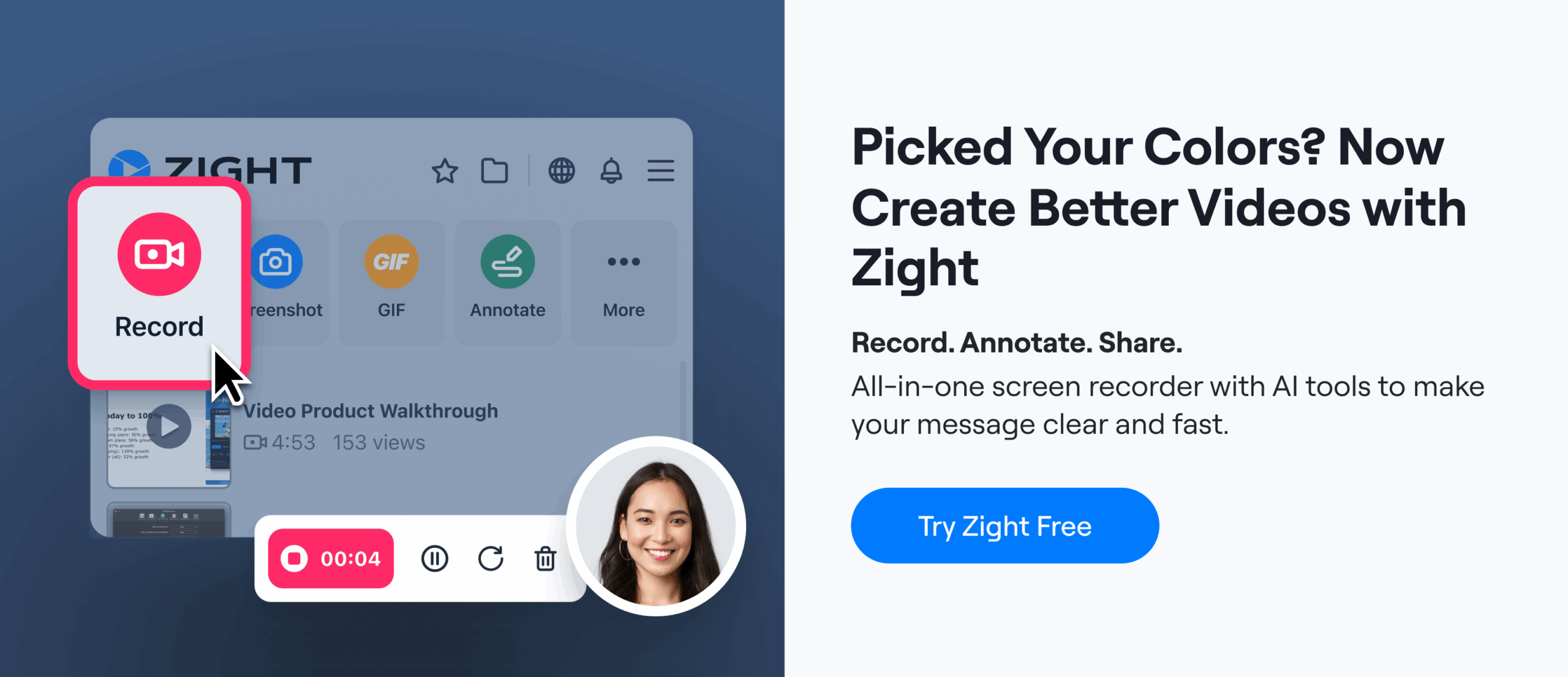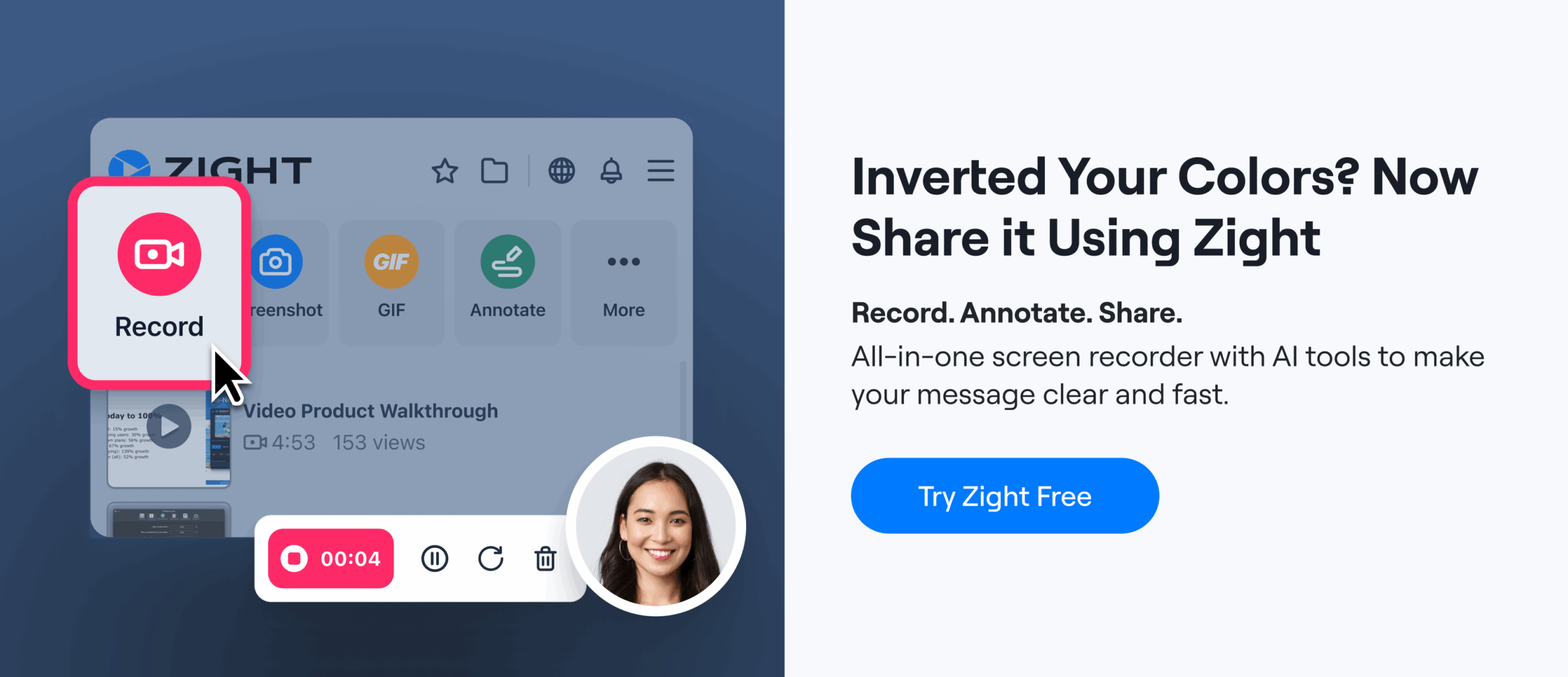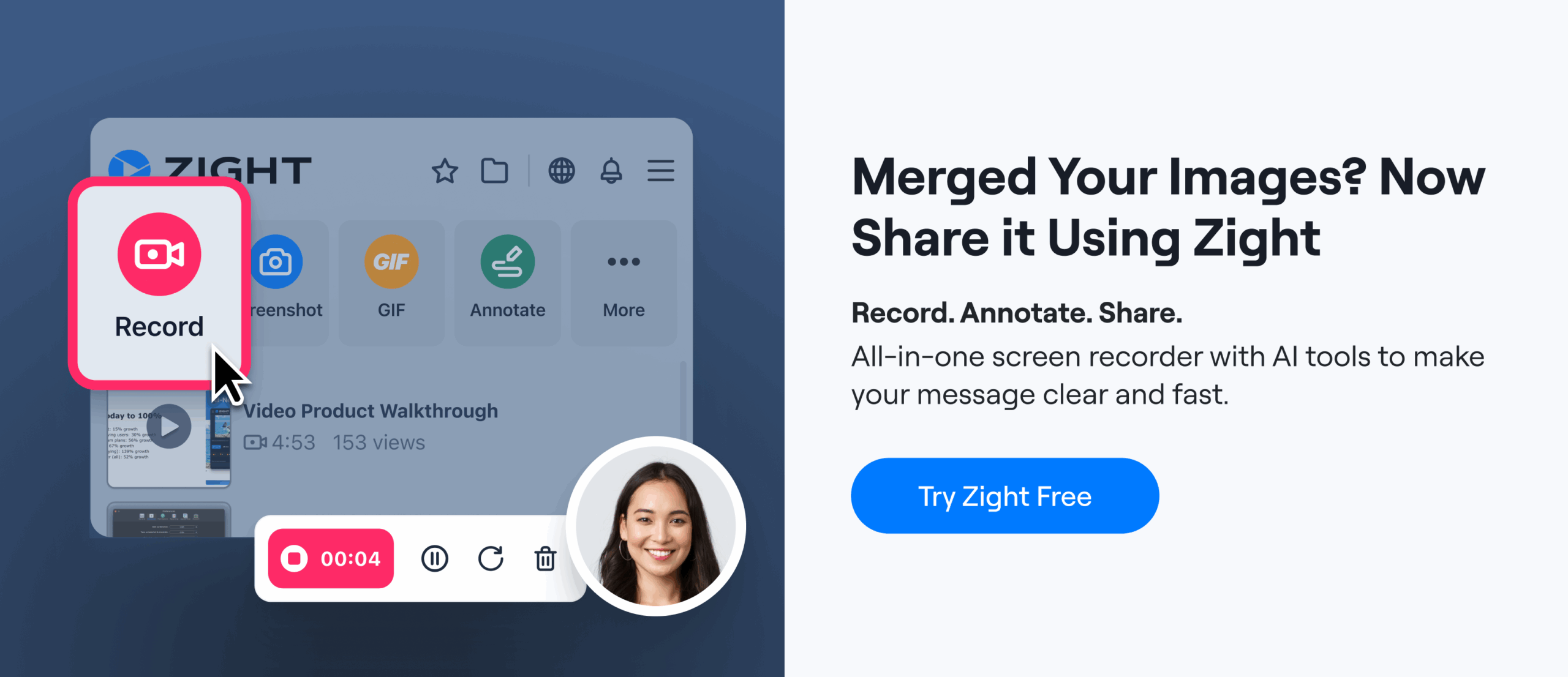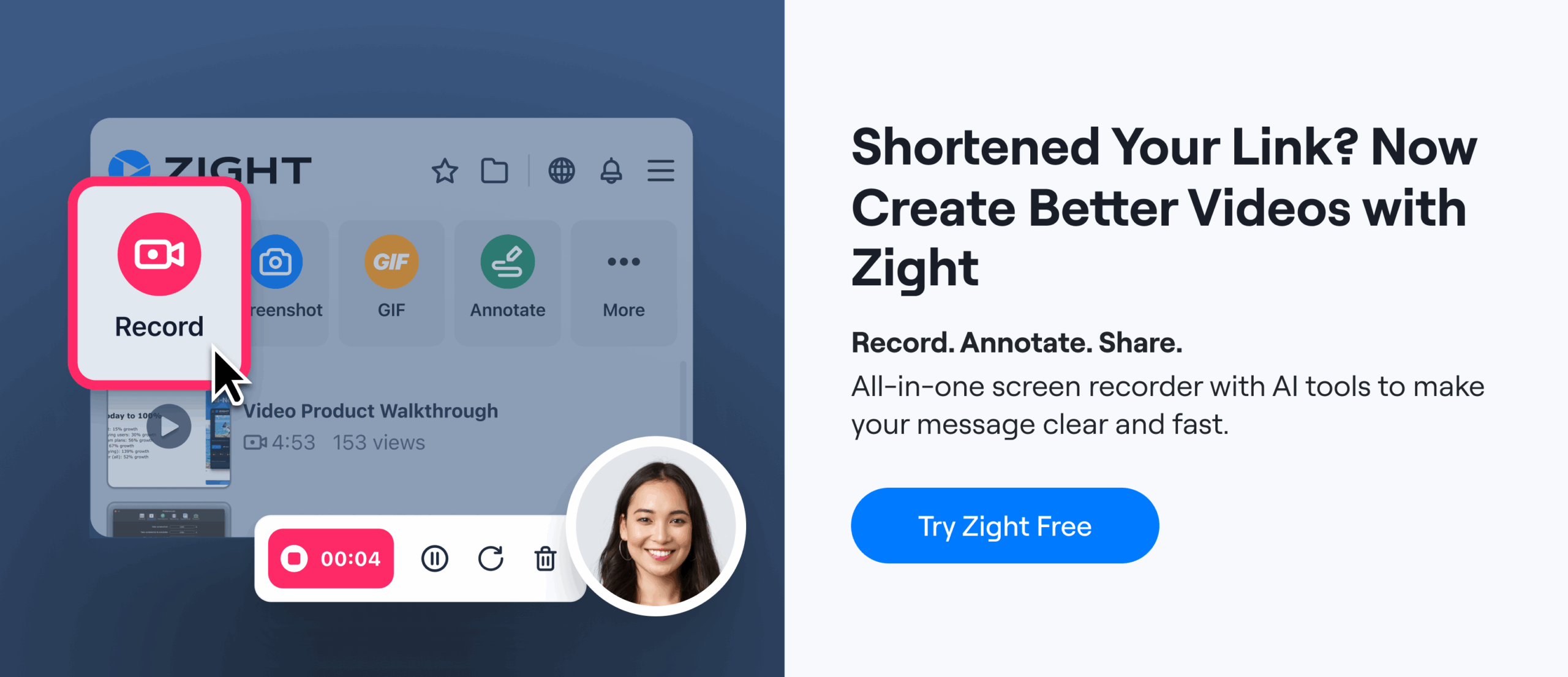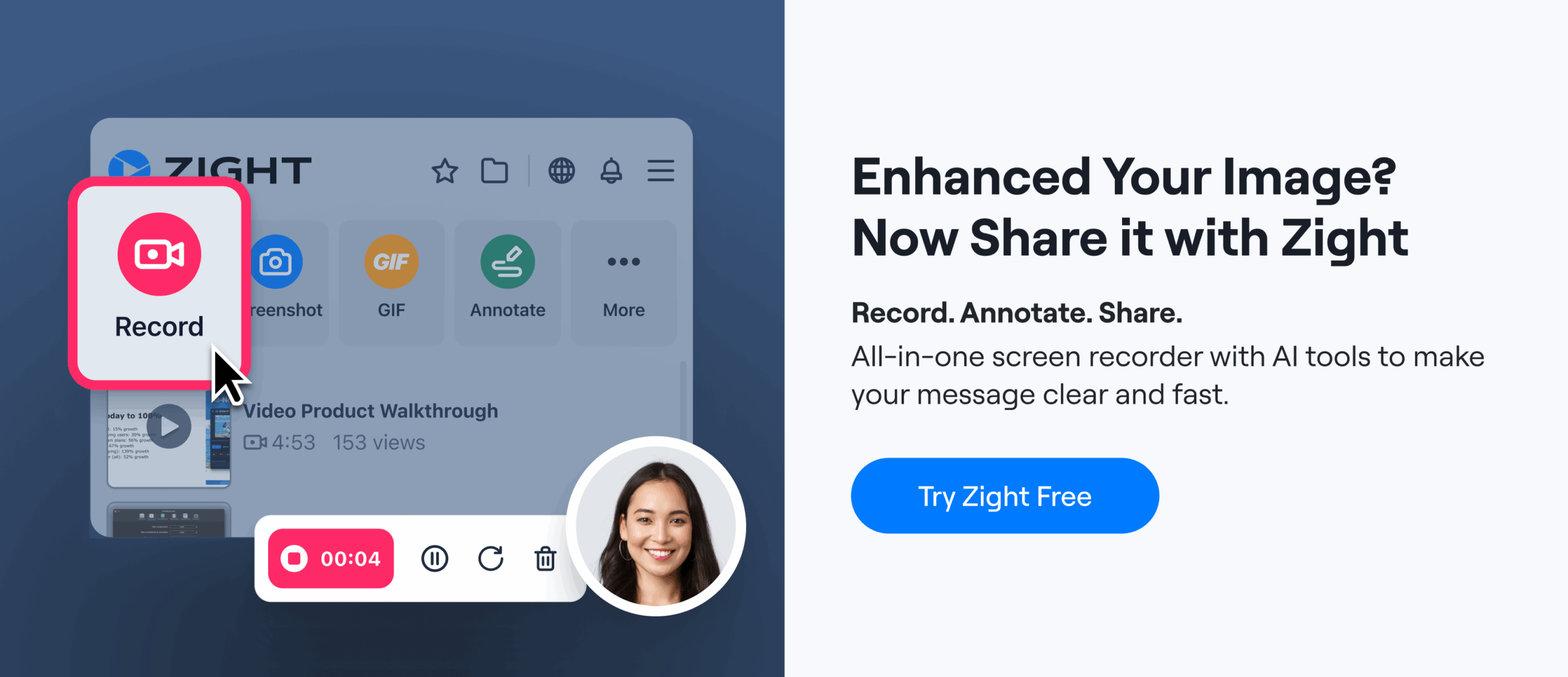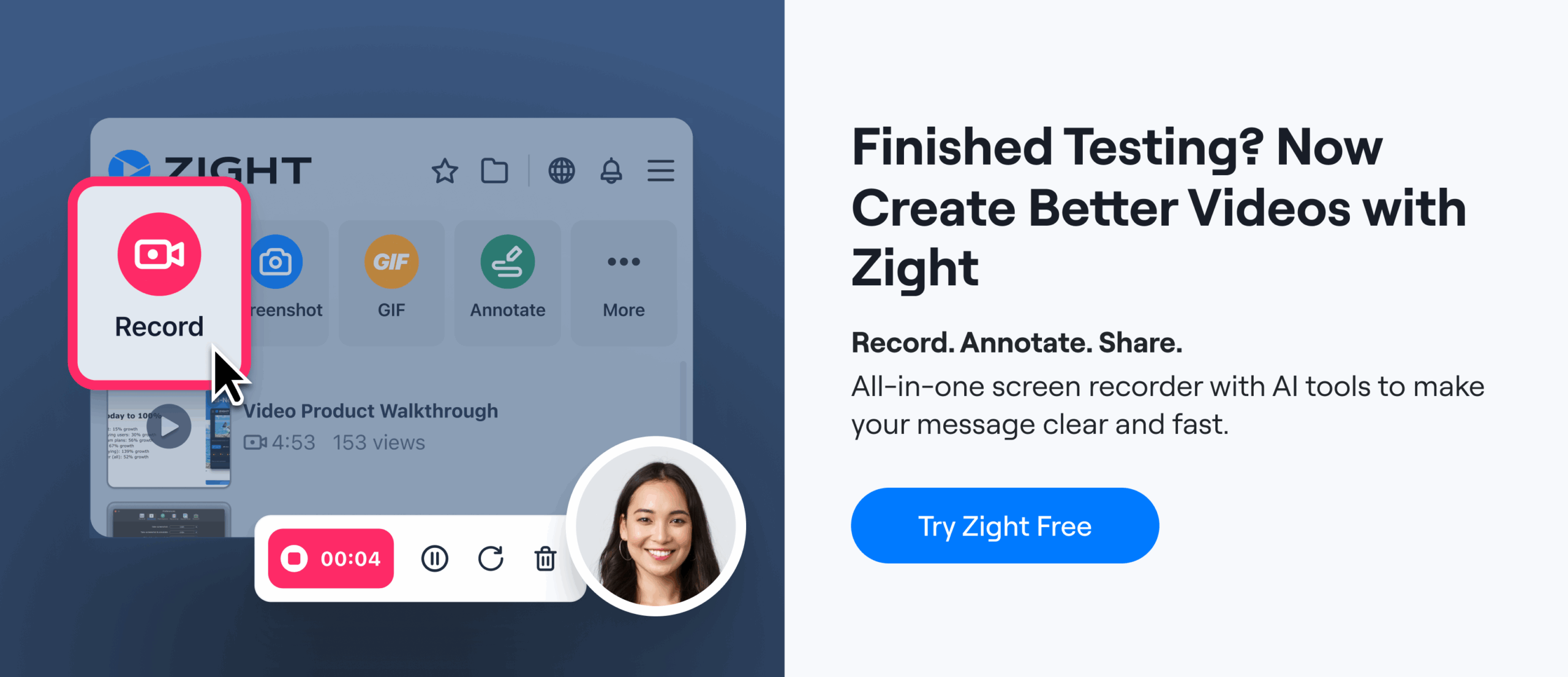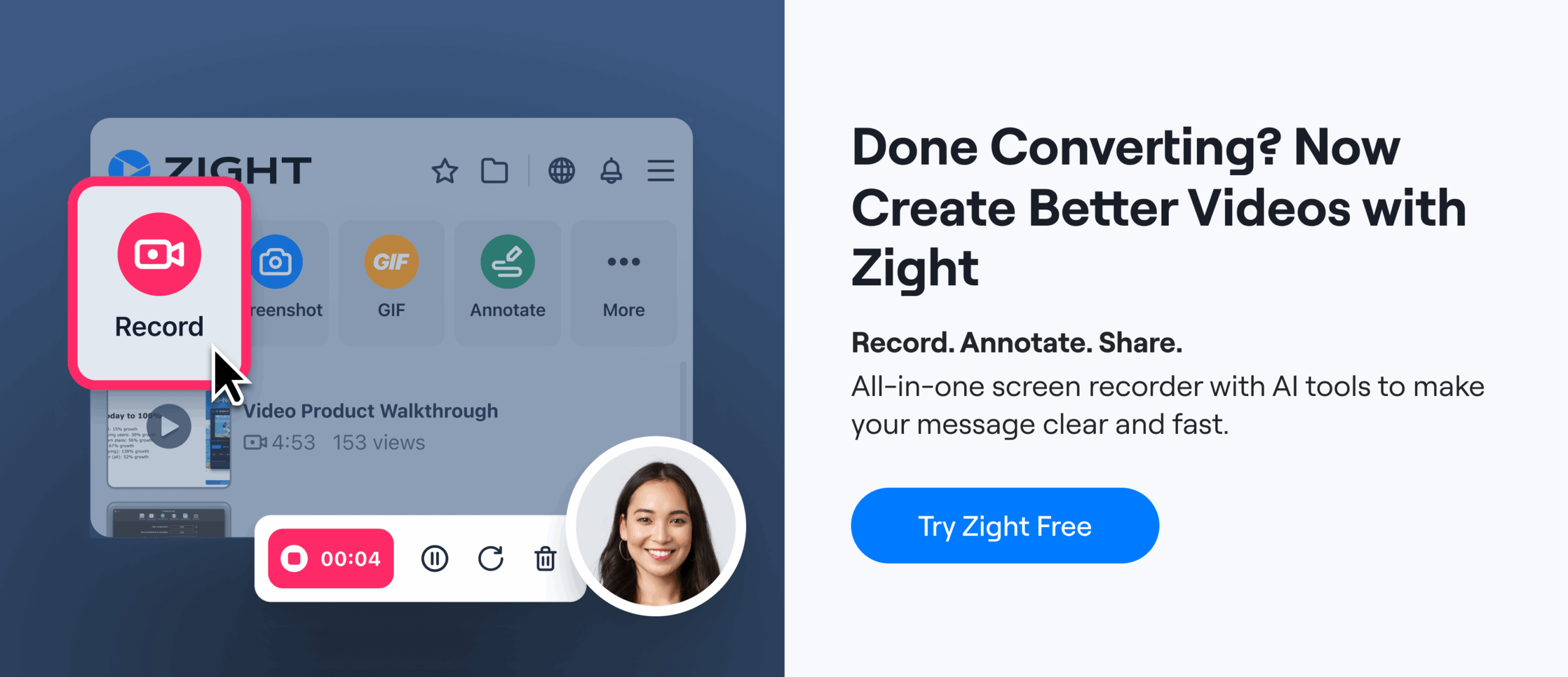Customer Success is an industry that is finally starting to take a breath and celebrate its arrival? What does it take to be a good CSM? To be good in Customer Success? To build a career that spans a decade or more?
There are a lot of these lists. I have created another one, but I want to go deep. Not only at work today, but in the days to come. What does it take to build staying power in an industry marked by constant change and new ideas?
These are the principles that I’ve built my career around. I hope you find value in this list and encourage you to put your goals through a similar filter.
#1 Vision
The big one. You don’t need to know what the future of your accounts hold. But you should put down a list of specific things that you want to do over the next year.
Something beyond “renewal” and “expansion” by the way.
I started a new job recently at UserTesting, a tool that empowers UX researchers to get direct human insights from their customers. I took on an incredible book of business with an incredible opportunity behind it. There was no big action plan or audacious, strategic template. What I do have is everything I need to succeed. But more than anything I have a call. A call to think big. Strategic. To be audacious.
I have a blank document with a target to hit. I get to fill in the blanks from there.
To “Nurture and, where possible, grow”.
The rest is up to me and my team. What are we going to do? What are the literal steps to nurture a massive, long term account? Well, that’s where “vision” comes in.
You must think long term. What does this specific action do to feed the long term plan of the account? It sounds difficult, and it is. But we can simplify a little:
- Look at specifics first. The “What” in the “what am I going to do”
- Look at the direction next. The “Where” in the “where will this action take me”
Think of it like aiming an arrow. The smallest change in your wrist makes the biggest difference 100 yards down range.
Ask yourself this question: Do the specifics today lead to the direction I want tomorrow? And if not… what correction can I make today to hit my targets tomorrow?
#2 Professional Ownership
Customer Success is a lopsided relationship. Your customers will never treat you the way you want. They won’t know your favorite sports team. What concerts you went to last weekend. Or when your birthday is.
But you should know all these things about your accounts.
What ignites them and what kills the moment. Where do they flourish? This is YOUR book of business. You have targets and expectations around the goals that you set for this book.
Own the narrative. Own the direction. Own the wins. And own the failures.
When you own something you have a vested interest in it. When you stand with a friend through something difficult it builds trust. When you admit mistakes and suggest corrective actions you show maturity. This works in our personal lives as well as our professional lives.
While your job is to nurture and grow your accounts you must start with trust. Owning everything about your account is the best place to start building that trust. With your customers, with yourself, and with management.
#3 Patience
Did you know it takes roughly 1.8 miles to turn one of those huge container ships around at sea?
Believe it or not corporations are even slower. Take even longer.
Change takes time. We’re talking baby steps here. Every single day. Quarter after quarter of trying to get teams onboarded. Or paperwork signed. Or integrations completed. Want SSO? Or API’s? Woof. It’s a slog.
And you have to keep your eye on the long term goal. And that takes patience. Long term success with accounts (and your career) is a difficult thing to quantify. But one main factor is giving each one the time and attention they need to mature.
#4 Steadfast
Steadfast means “resolutely or dutifully firm and unwavering” That doesn’t mean “stubborn” or “uninformed” ; this is a big brain thing. You can change course. You can change your mind. Of course you can. But you need to be steadfast in your goals. In your vision.
Make a decision. Any decision really. And stick to it all the way to the very end. Win or lose. You are a creative, skilled individual filled with ideas and thoughts. And all those thoughts and opinions are supported by loads of things under the surface. Take a beat, think it through, then implement it.
And at every turn, do it again. Keep making decisions. Keep asking questions of yourself and others. Keep seeking input.
#5 Metaphors
As you grow in your career your ability to explain complex concepts quickly, easily and most importantly memorably will be paramount. The use of metaphors and analogies helps our brains wire in the way communicators want them to be wired. For synapses to fire. For new ideas to supplant initial (and often incorrect) concepts.
Trust is paramount in my role. My customer must trust that I am thinking of their goals, their success first and foremost. When I’m speaking to new CSM’s as a coach or mentor I often tell this story to help reinforce the idea of WHY building trust is important.
My dad used to tell me that trust was like a bank account. And like any good bank, they won’t let you withdraw if you haven’t deposited anything. Right? Trust is the same thing. If you go into a meeting blind. With no built up trust, what can you withdraw? It’s imperative that you spend as much time as you can depositing into that bank account whenever you can. So that when the time comes, and you need to make a withdrawal, your account is overflowing.
Conclusion
There are more, too: Boundaries. That’s a huge one. Presentation skills. Objection handling. You also kinda need to be able to warm the room up a bit. Some of my favorite CSM’s have creative backgrounds. Improv. Musicians. Artists. All of them make wonderful CSM’s because when they look at the world they see what it could be, not what it is. And a big part of what we do as CSM’s is seeing potential and then creating then partnering with our customers to create the future we want and they need.
Don’t be shy. Connect with Jon on LinkedIn here.
Is your Customer Success team looking to scale customer relationships with video?




